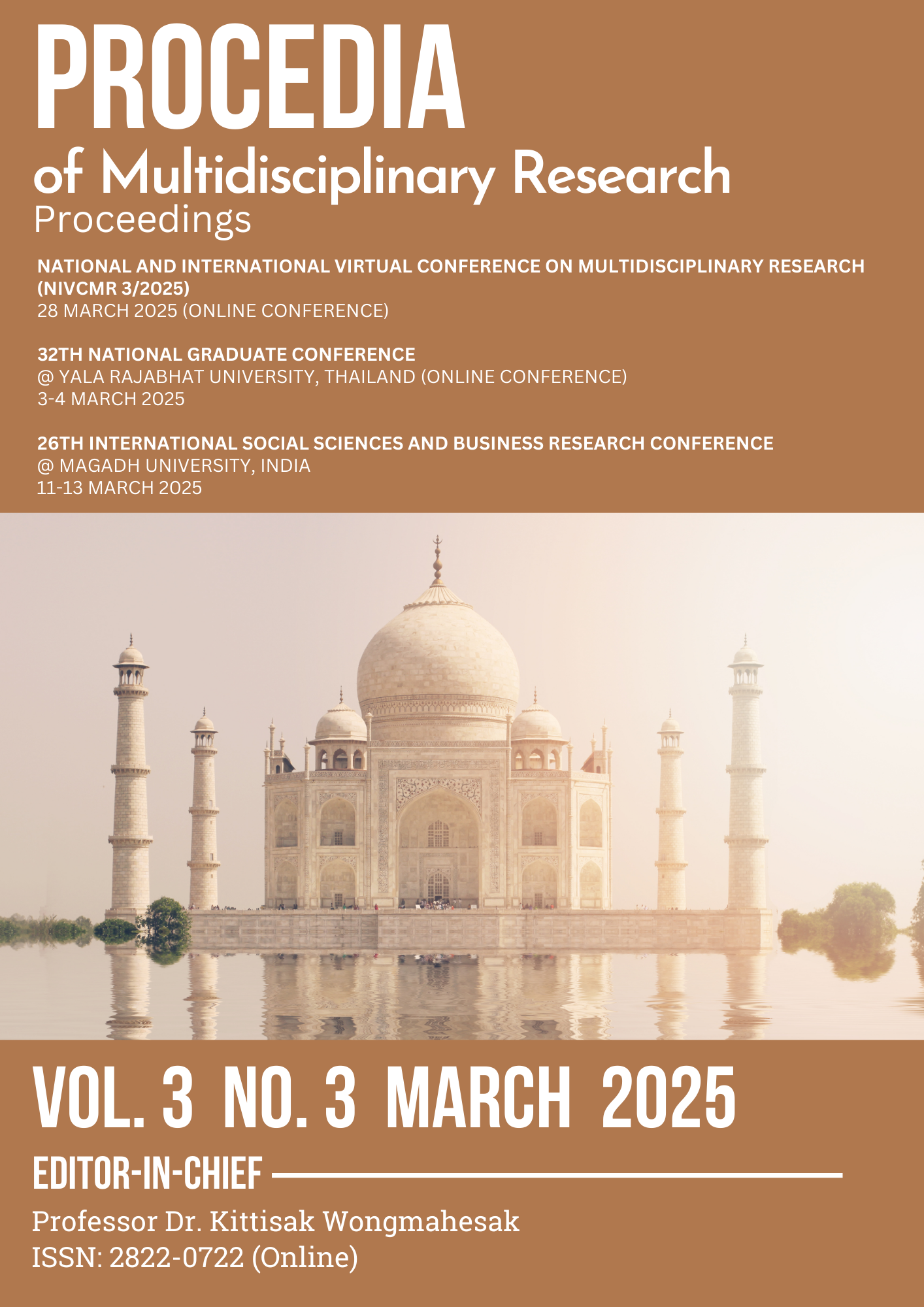CULTURAL ECOLOGY AND SUSTAINABLE DEVELOPMENT: HARMONIZING ENVIRONMENTAL AND CULTURAL CONSERVATION IN CHUXIONG AMID MODERNIZATION
Abstract
This paper examines the harmonization of environmental and cultural conservation within the sustainable development framework in Chuxiong, a region distinguished by its rich ecological diversity and ethnic heritage. Using cultural ecology as a guiding perspective, this study explores how traditional practices and local knowledge can be integrated into sustainable strategies that support both ecological health and cultural preservation in the face of modernization. Through qualitative data from community surveys, interviews, and a comprehensive literature review, the research reveals that Chuxiong’s indigenous agricultural methods, architectural styles, and cultural rituals contribute significantly to environmental sustainability. However, challenges such as industrial expansion and cultural erosion due to urbanization emphasize the need for adaptive policies that balance development with conservation goals. This study highlights the importance of involving local communities in planning and policy-making to ensure that conservation strategies are both environmentally effective and culturally meaningful, providing insights for similar regions navigating the pressures of modernization. Furthermore, sustainable rural environmental design is crucial for maintaining Chuxiong’s cultural landscape, with strategies such as revitalizing traditional architecture, eco-conscious spatial planning, and the integration of heritage elements into modern infrastructure offering practical solutions to balance modernization and cultural continuity.
Downloads
Published
Issue
Section
License

This work is licensed under a Creative Commons Attribution-NonCommercial-NoDerivatives 4.0 International License.







.png)


